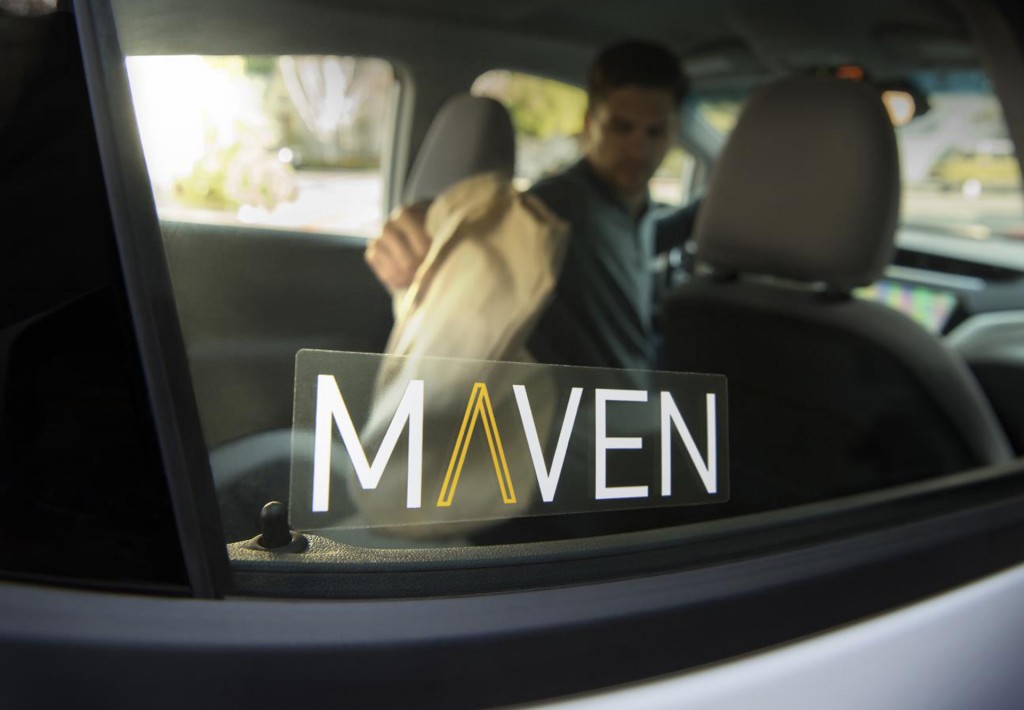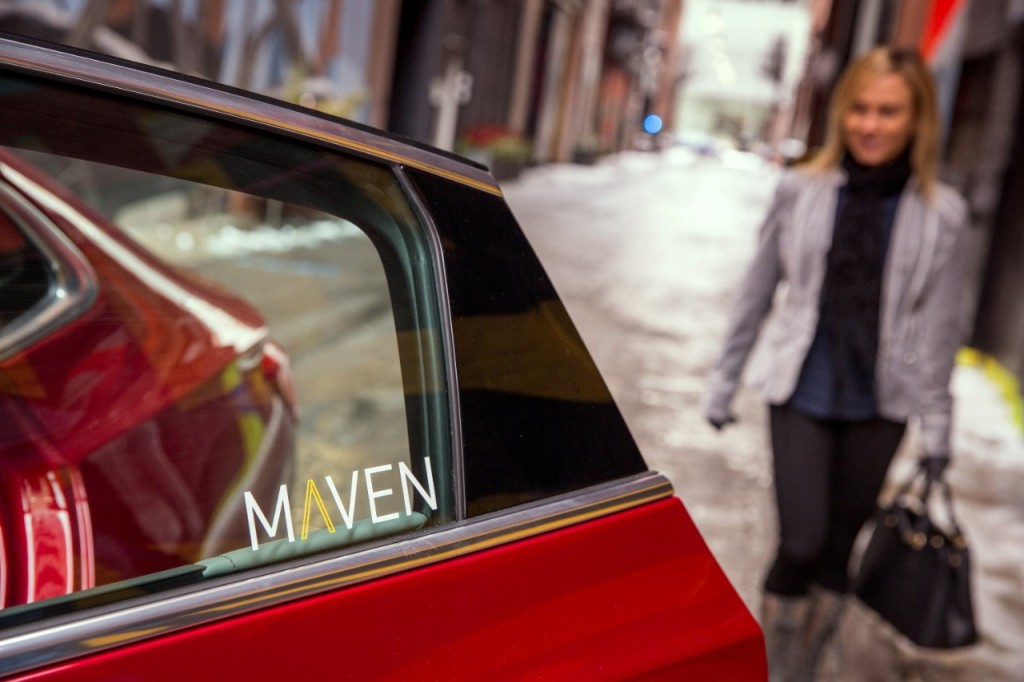General Motors' Maven unit that launched in 2016 targeted a combination of car-sharing, ride-sharing, and all the wonder of the gig economy with new models of personal mobility—and the potential behind-the-scenes integration that might have put them soundly ahead of other such efforts like Zipcar, Daimler's Car2Go, or BMW's ReachNow.
Amid the economic contraction due to the coronavirus pandemic and uncertain future for parts of the sharing and gig economies, GM announced on Tuesday that it’s winding down its Maven operations, effective immediately.
Even prior to the pandemic, Maven showed signs that GM didn't plan to make it the large, international brand it had originally envisioned. Maven had previously grown to at least 17 cities in 2018 but shrank back to just nine in 2019. And earlier this year, executives at the Cruise Origin autonomous-vehicle reveal dodged the question of how Maven fit into the picture.
More a laboratory than a well-defined experiment
Part of the issue might have been that GM was trying to do too many consumer-facing things with Maven: The branding was there, but was it offering you a point-to-point ride; was it offering you a car to keep longer; or was it the logistics operation behind it all?

2017 Chevrolet Bolt EV added to Maven car- and ride-sharing fleet in Los Angeles, California
In addition to Maven City car sharing there was Maven Gig—”vehicles for freelance drivers”—and its partnerships with various food-delivery and ride-sharing services that allowed delivery drivers or ride-share operators to rent out GM vehicles like the Chevy Bolt EV by the week. GM later went so far as to help create EVgo fast chargers available exclusively to Maven drivers.
In 2017, the brand introduced Maven Reserve, a flexible pricing plan that would allow users to use vehicles on demand—initially the Chevrolet Tahoe or Chevrolet Volt—by the hour, day, or month, with insurance and gas included.
Later, in 2018, the brand introduced Maven Peer, which allowed GM owners with 2015 and newer vehicles to rent out their personal vehicles via the app, in something akin to Turo, or an Airbnb for cars. Separate programs existed for campus sharing.

GM's Maven Peer Cars car sharing service
Some of GM’s strategic decisions made over the past two and a half years, since CEO Mary Barra announced a new vision for the company, likely played a part. GM’s focus at the time of Maven’s rollout was toward urban mobility, and since then GM has decided to pull back on passenger cars and revamp its electric vehicle program toward larger crossovers, SUVs, and trucks.
In with Hummer, out with urban sharing?
GMC Hummer electric trucks and plush Cadillac Lyriq EVs build GM’s technology image, but in a very different way than ubiquitous urban electric small cars and Chevy Volt–based crossovers might have.
When GM suspended its Maven operations about a month ago due to the pandemic, it used the opportunity to take a critical look at the business and its challenges, and it’s not surprising that the company made the decision it did.
Maven customers were notified on Tuesday, but the pace of the wind-down will vary depending on the market and service. Pandemic permitting, Maven’s operations will likely cease completely by the end of the summer.

GM launches personal mobility brand: Maven
The Maven experiment is not a total loss, however.
“We’ve gained extremely valuable insights from operating our own car-sharing business,” said Pamela Fletcher, GM’s VP for Global Innovation. “Our learnings and developments from Maven will go on to benefit and accelerate the growth of other areas of GM business.”
Maven’s technology for car-sharing will be leveraged by GM fleet services, and be used for “new services and mobility solutions” by GM’s Global Innovation organization and elsewhere in the company.
At present, Maven Car Sharing and Maven Peer operations are already suspended and won’t be resuming. Maven Gig will wind down over the next few months.
The only way the Maven name will live on for the time being is on a shuttle service for some of the GM campuses—a reminder to employees, perhaps, that sometimes the simplest, most streamlined ideas are the best ones.
